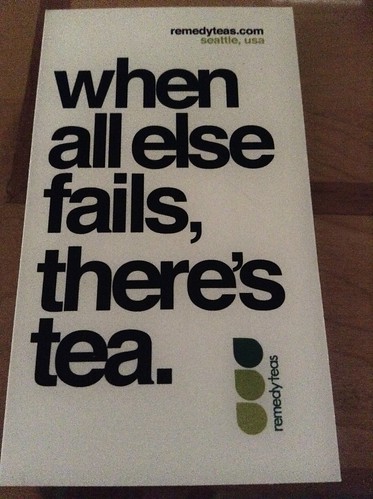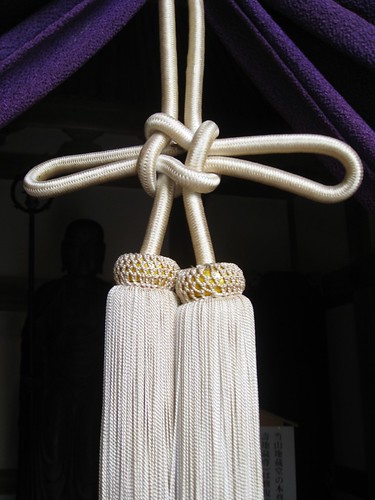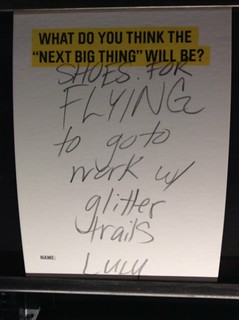
What am I afraid of?
I’m afraid I’ll never work full-time again. Which really means ..
I’m afraid I’ll never have work that pays me a living wage.
I’m afraid I’ll have to go back to working in an office with mean, abusive people.
I’m afraid my work will never be valued.
I’m afraid I won’t be valued.
I’m afraid of going after what I really want and not succeeding.
I’m afraid to talk about my experience at Amazon.
I’m afraid I’ll die alone.
I’m afraid I’ve passed my prime/missed my opportunity.
I’m afraid I’ll write my book and no one will care.
I’m afraid to try new things related to employment.
I’m afraid to speak up for myself.
I’m afraid of failing.
I’m afraid of disappointing the people who love me.
What am I not afraid of?
I’m not afraid to travel to foreign countries where I don’t speak the language.
I’m not afraid to try new types of food.
I’m not afraid that my partner will leave me.
I’m not afraid of using technology.
I’m not afraid to talk to people.
I’m not afraid my family will stop loving me.
I seem to have two kinds of fears: the ones that paralyze me, and the ones that I can manage without feeling overwhelmed. For the ones that overwhelm me, I don’t have any way to break them into smaller components. There’s no incremental path to work through that fear. Those fears feel like a solid, massive wall without any doors or windows, no openings whatsoever.
I’m afraid of failing.
Judith Halberstam wrote a book a couple of years ago called The Queer Art of Failure. From the description about the book:
The Queer Art of Failure is about finding alternatives—to conventional understandings of success in a heteronormative, capitalist society; to academic disciplines that confirm what is already known according to approved methods of knowing; and to cultural criticism that claims to break new ground but cleaves to conventional archives. Judith Halberstam proposes “low theory” as a mode of thinking and writing that operates at many different levels at once. Low theory is derived from eccentric archives. It runs the risk of not being taken seriously. It entails a willingness to fail and to lose one’s way, to pursue difficult questions about complicity, and to find counterintuitive forms of resistance. Tacking back and forth between high theory and low theory, high culture and low culture, Halberstam looks for the unexpected and subversive in popular culture, avant-garde performance, and queer art. She pays particular attention to animated children’s films, revealing narratives filled with unexpected encounters between the childish, the transformative, and the queer. Failure sometimes offers more creative, cooperative, and surprising ways of being in the world, even as it forces us to face the dark side of life, love, and libido.
I wrote about failing a couple of months ago. Re-reading that post, I realize I have more to say. Because there’s a piece about mistakes that I haven’t addressed. In American culture, my perception is that mistakes are not tolerated. Hello, “three strikes you’re out” and all that. In my experience, mistakes weren’t tolerated in the business/work setting.
Last week I was asked where I feel free to make mistakes. “Yoga,” was the first word out of my mouth. Because the flip side of all this talk about failure is success. This is what Halberstam is getting at, too.
How have I defined success? By results. And when I look at the “results” of the fruits of my labor, I feel I have nothing to show. I recognize this is fear talking. And that’s why the yoga practice is so different. Because what are the markers of success in yoga? It’s not the physical, outer form, but inner things that are felt. Maybe they are quantifiable? But for me, the biggest markers of success in yoga are qualitative, not quantitative. I think this is the success that Halberstam may be talking about. In my failure to “make it” in the corporate, high-tech world, I’ve freed myself from even having to make the attempt. I have to keep reminding myself that there are many other arenas, many other venues, and many other ways of being in the world that are just as valid.
As I’ve said in my (hu)manifesto, failure is when you stop trying, stop making the effort. I want to create an environment for myself that not only tolerates mistakes, but encourages them. I learn from my mistakes. I don’t want to be punished by them.




















